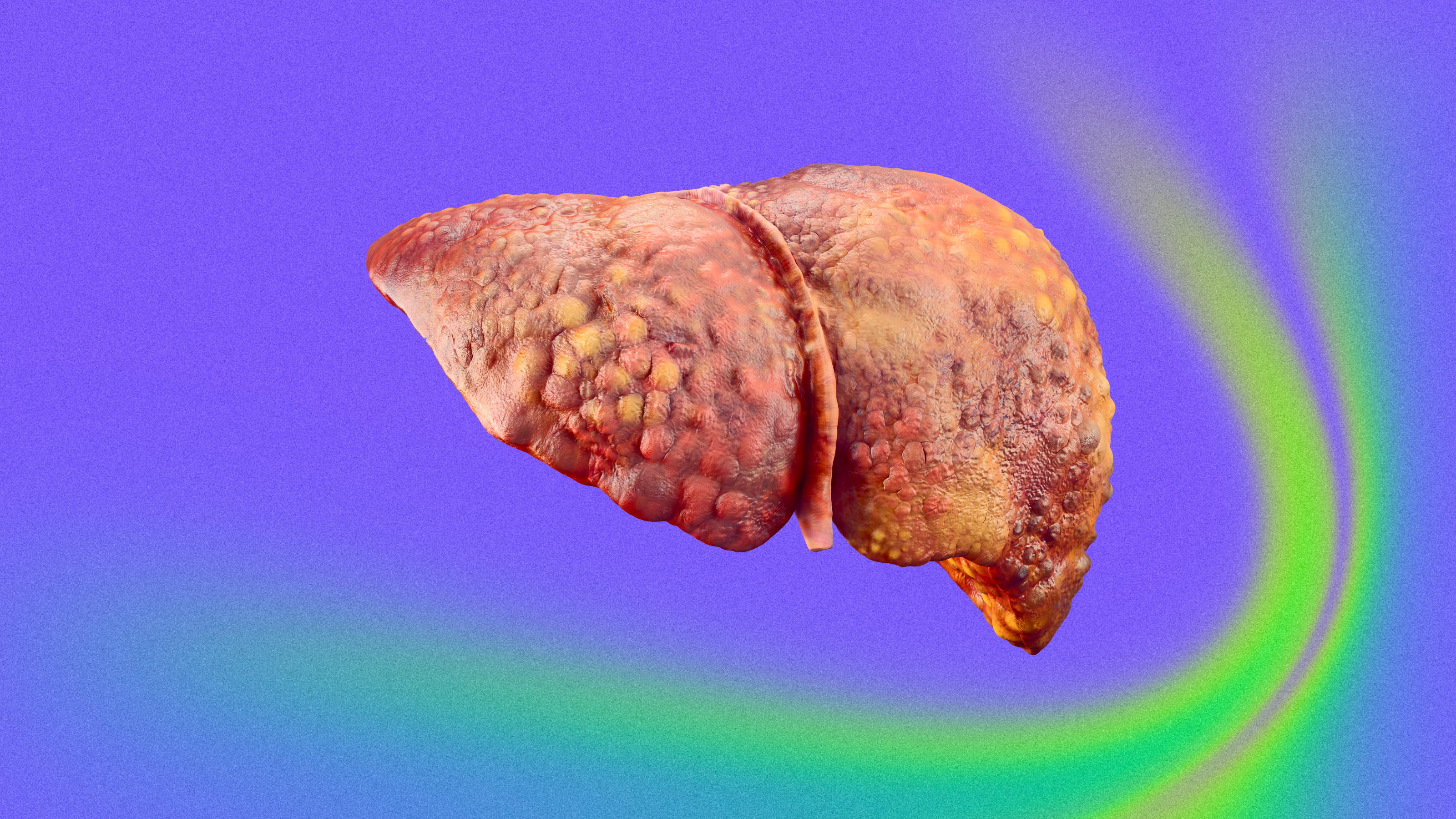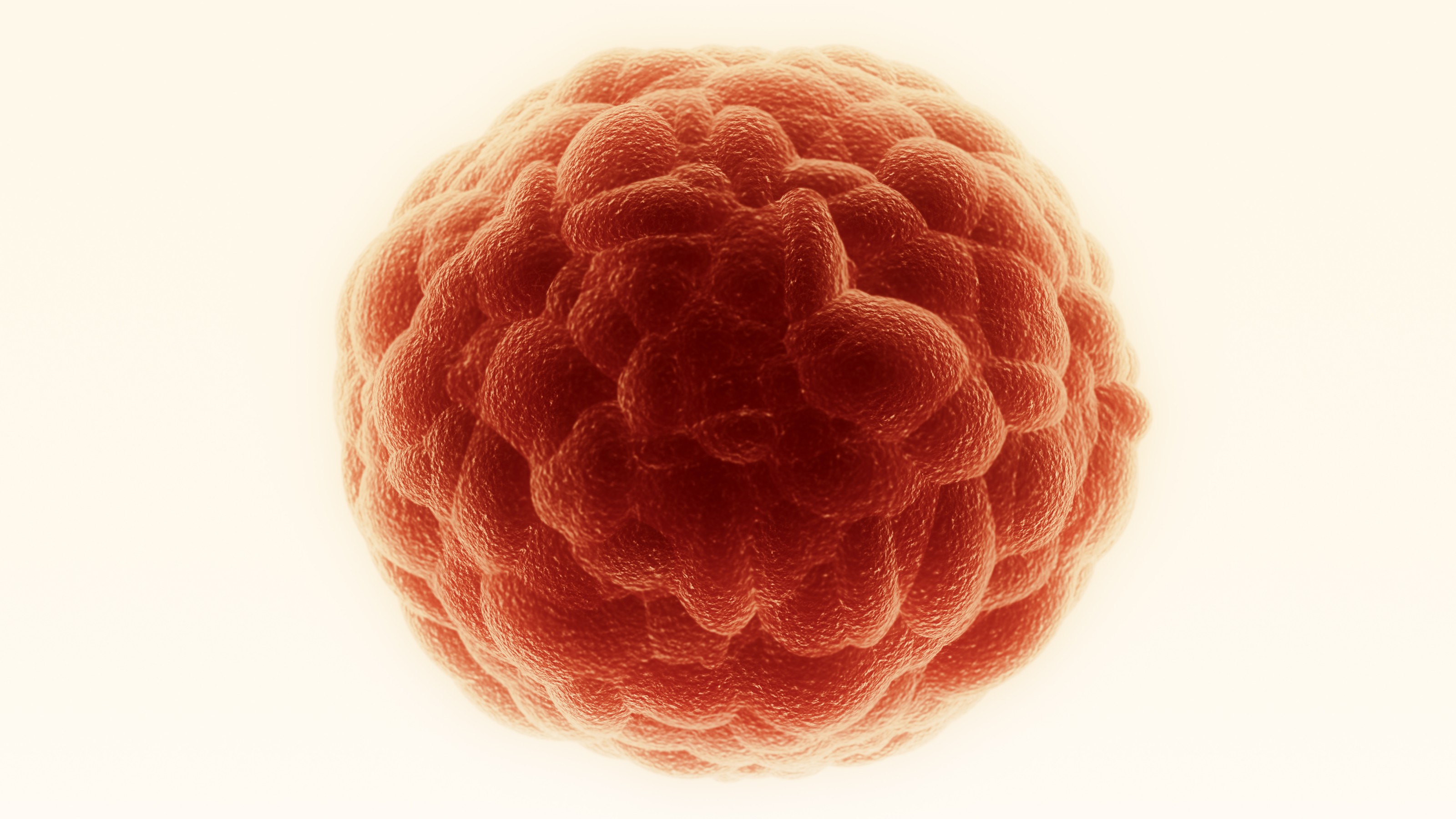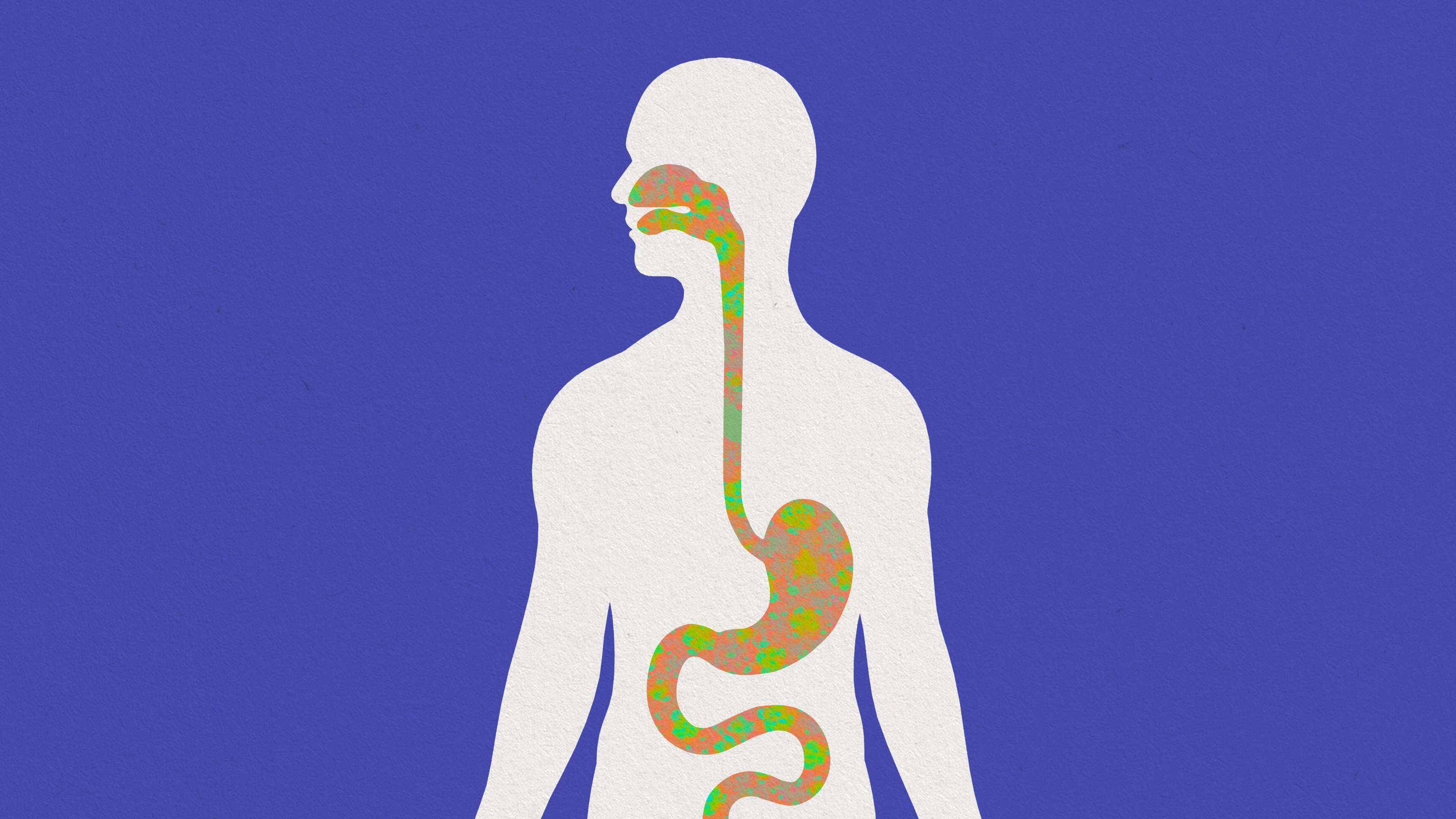JEANNIE GAFFIGAN: This kind of all started pretty quickly when I was taking my kids to the pediatrician and I was super busy and I had to fill out all these forms for my kids. But my pediatrician noticed that I was like leaning to hear her and she said what's wrong with your left ear and I said I just can't really hear out of it. She was like how long has that been happening and I was like "No idea." And so she said well that's not good. So she referred me to an ENT and she was like, 'you're going to go follow up for this' and I was like 'I wasn't but now I will.' And she said 'I want to hear what they say.' So then I felt like I had an assignment and I'm kind of a rule follower so I followed with the ENT. He didn't see anything wrong, put me on a round of steroids and told me to follow up with him in a month. And then the pediatrician was like 'Did you follow up?' and I'm like 'I'm going back.' So I went back and he was like, 'You know, you might have something that I can't see because I don't really see anything in your ear and there's no reason that you should have this hearing loss because everything is functioning properly in your eardrum' — based on all the tests that they did.
And he thought I might have like an acoustic neuroma or some kind of little tumor inside my ear where he can't see. So he's like, 'It's a one in a'—what did he say—'ten million chance that you have an acoustic neuroma but we just want to rule it out.' So he sent me to get an MRI and then I got the MRI and they saw like a pear-sized brain tumor on my brainstem that was like in need of an immediate operation. And we really did not know what was going to become of me like really quick. So I had a couple of days to kind of mull that over and in my book I really talk about what that period of time was like when I was kind of facing this, you know, just when you feel like you can't add anything else to your to-do list, all of a sudden something happens where nothing on your to-do list matters anymore. And it was the first time in my life that something like that had happened to me.
So for some reason, when I knew I was going to have brain surgery on Monday and I was in the MRIs all day and cat scans and everything all day on Friday at the hospital I felt this incredible peace like, oh, thank god I know what I have. I don't know why but I felt that way because it was so much better than not knowing what I had. So there was a period of time when I was in this MRI tube for hours—and it was hours. It was like there's just going to be a three-hour test. I was like oh, okay. And it was so loud. It sounded like somebody was using a jackhammer to get me out like I was trapped and they were trying to get me out, but you can't move and I was like are these sounds right? And all of a sudden everything struck me as so hilarious and that it was so ironic that the sounds were so loud but I was like had hearing loss in one of my ears but the loud sounds were in the other ear, but I wouldn't have been able to hear it on this side and I was like it's like rain on your wedding day. You know I was just making all these observations.
So eventually they take me out of the tube. It ejects like automatically and Jim is there and he's like 'Are you okay?' And I was like write this down. Write this whole story down because it is so funny. And I think that he reminded me of that because after that a couple of days went by and then I had brain surgery and then it was like, you know, the shit hit the fan for like six weeks. He told me he was like, you were like writing comedy routines in the MRI tube. And I was like, 'I was?' And he's like 'Yes.' So a lot of the time when I was in the hospital when I couldn't really sit up or speak or really speak—I mean I could whisper. There were people who were really close to me and my nurse Joe who I write about in the book who I write about in the book, and I had a big crush on in a hospital way. Like my nurse is here. That he could understand what I was talking about but there were a lot of like lists and comments and observations that I had with people in the room that they wrote down that I was like write this down because I will never remember any of this in like a day.
So when I actually did start putting together a manuscript to kind of memorialize this insane time in my life I realized that I had this wealth of, like, interviewing my sick self. Like, I was able to pull primary sources out of this, I was like, 'Oh, Lizzie, do you have that list I made in the hospital?' and Jim had shift schedules. All of this stuff is in the book. I'm like, this is the schedule of what it looked like when I was in the ICU with my family coming in. I have real documentary evidence of this insanity. There was so much that was funny about it. I also feel like if I had been a cellist I probably would have written a solo piece about the experience. I think that because I'm a comedy writer this was the way that I could process this trauma.






